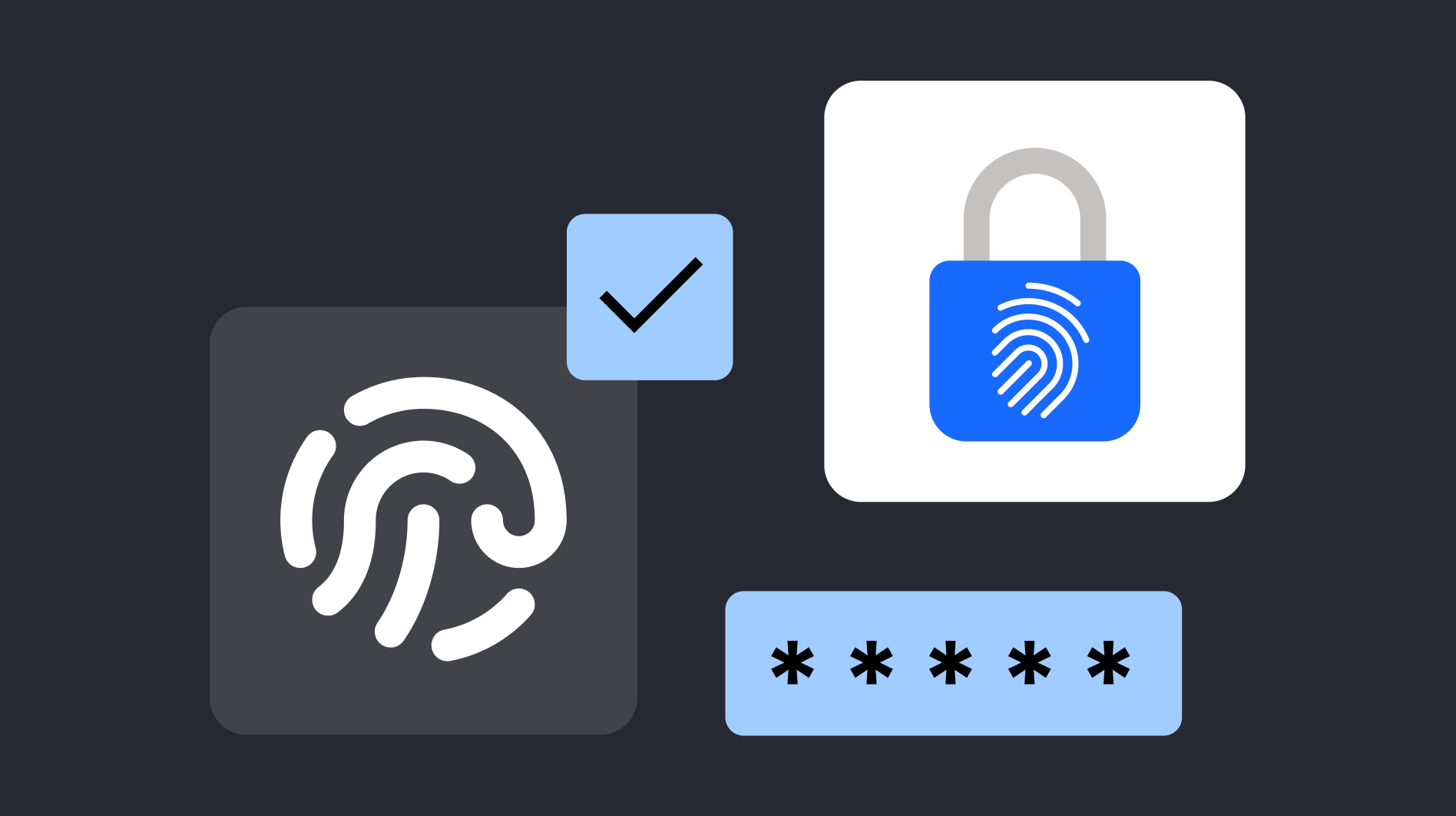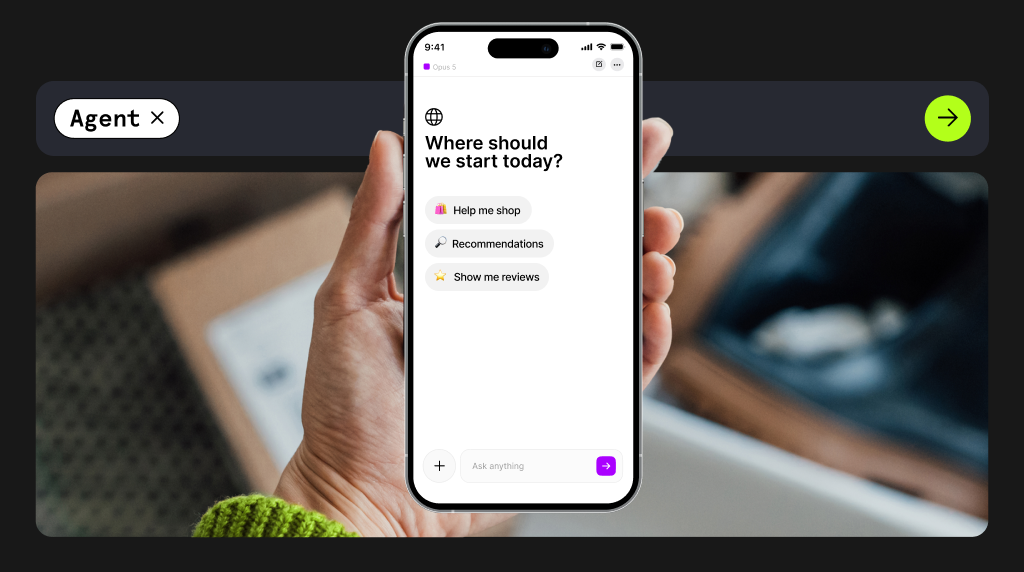Artificial intelligence (AI) in payments can improve revenue both through back-end process optimization and offering customers an efficient checkout experience. AI also enables merchants to better handle risks, as neural networks can rapidly parse massive data volumes, identifying potential risks based on network patterns.
The central value of AI is optimal decision-making informed by large-scale data analysis. It produces improved outcomes over time through the use of deep learning. AI is so significant that the 2024 Nobel Prize in Physics was awarded to AI academic researchers. Their work paved the way for AI technology that delivers effective payment routing, false decline mitigation, and improved transaction messaging. Additionally, AI can be applied to payment integration troubleshooting, customer service optimization and identity verification at scale. Let’s explore these further, below.
What is AI in payments?
Artificial intelligence describes the powerful decision-making capabilities of technologies that take huge amounts of data into account. In payments, AI is applied in various ways, such as machine learning, where mathematical models continually improve decision-making over time as they absorb new data. An example of AI in payments is Intelligent Acceptance, which tweaks transaction messaging and makes decisions about payment routing that maximize the chances of issuer approval.
Payment fraud analytics engines such as Fraud Detection Pro use machine learning to carry out risk assessment and assign a score to each transaction request based on a wide variety of factors. This helps payment managers to decide where to set risk thresholds and permit or reject payment requests in line with how likely each one is to be fraudulent.

What ways is AI useful in payments?
The main benefits of AI in payments include: improving payment processing efficiency, detecting fraud more accurately, scaling up high quality payment flows, delivering better customer experiences, and avoiding payment failures. These benefits can translate to stronger revenue from sales, because payments are more likely to succeed and customers are less likely to churn at checkout. This results in improved authorization rates, leading to stronger revenue and customer loyalty.
We know that 45% of consumers won’t retry a payment following a single false decline – and 42% are reluctant to return to an app or website after such an experience. This proves the costly connection between smooth payments and business revenue.
Read more: How to pitch payments to your CTO
Payment optimization
AI can improve authorization rates through performing optimizations on payment requests and retries. This means adjusting transaction requests in terms of data included (or excluded), editing data formats to meet issuer preferences, and using a Network Token where it would maximize the chance of payment success (i.e. issuer acceptance). Intelligent Acceptance is Checkout.com’s machine learning engine for payment processing; it’s informed by data from billions of payment attempts, and continually analyzes and adapts payments to improve auth rates. The AI algorithms route payments towards the best path based on the highest predicted conversion rate of all available options.
The AI adapts to changes in the network, such as updated issuer requirements, scheme mandates and industry protocols. This helps prevent human errors such as typos and guesswork from harming acceptance rates for your business. That means the payment can be automatically routed in line with merchant preferences, payment industry regulations, data handling laws, and customer consent.
AI can also push through payment retries that are calculated to succeed. This prevents lost revenue from a payment that fails due to avoidable errors.
Let’s look at an example. When a payment returns an API response code 20005 “Do Not Honour,” it’s difficult for a human to work out how to maximize probability of capture upon retry. There’s a lot of contextual information needed, which would take time to investigate and analyze. But artificial intelligence takes into account more factors than any human brain possibly could – and alters the payment request according to statistical analysis gleaned from the entire payments ecosystem. Instantly.
Better fraud detection and risk scoring
AI accelerates challenges and opportunities for fraud detection and prevention. On the one hand, generative AI tools can sometimes bypass voice authentication protocols thanks to sophisticated audio cloning capabilities. On the other hand, card networks such as Mastercard are using predictive algorithms to detect stolen card details and block compromised accounts twice as fast.
Yet machine learning for fraud detection improves the security of global payments, and helps to reduce the risk of chargebacks and customer dissatisfaction. At Checkout.com, our engineers develop neural networks that power risk scoring engines. These continually improve in accuracy and effectiveness as more merchants run payments through these secure processes. Merchants can integrate with Risk SDK to capture device data like geolocation, IP address, and device fingerprinting, which are then analyzed using machine learning models to assess fraud risk in real time. This is a sophisticated application of AI which enhances payment security.
Reducing false declines
The algorithms powering machine learning tools, such as Checkout.com’s Fraud Detection Pro, can enhance fraud detection accuracy and reduce false declines (where a legitimate payment is wrongly flagged as fraudulent and blocked).
AI payment solutions analyze new data quickly and minimize the risk of false declines. Fewer false declines leads to improved customer experience as legitimate transactions are more likely to go through on the first attempt.
Improved authentication flows
Authentication is vital for fighting payment fraud – yet the extra step to validate fund transfers can cause increased drop-off rates. When your customers demand a payment flow that’s both secure and easy, AI-powered authentication flows can certainly help.
If you’re taking payments in the European Economic Area, then Strong Customer Authentication is a must. The smart authentication feature of Intelligent Acceptance automatically assesses each transaction request and applies applicable exemptions to avoid unnecessary customer friction. That’s another good use case for AI that improves the customer’s payment experience, helping your business to earn revenue and retain customers in a competitive online environment.
Predictive analytics
In predictive analysis, AI uses statistical techniques to review historical customer information to predict future customer behavior. AI enables your business to interpret customer spending behaviors and proactively detect patterns and preferences in their usage. This information can be used to drive sales.
By accessing a customer's transaction history, you can provide personalized deals and discounts, create tailored pricing models, and offer customized payment choices during checkout.
Payment integration troubleshooting
The technical integration of your app or website with the payment API is a critical juncture for your revenue flows. If your engineers haven’t correctly connected your business systems to PSP technologies, then your payment requests may fail more frequently than necessary. In order to resolve this, tools such as Integration Health, available in the Analytics section of the Checkout.com Dashboard, can identify issues and suggest solutions. It uses LightGBM, a high-performance machine learning model to calculate the impact of each integration issue. This helps merchants prioritize integration fixes based on likely improvement in acceptance rates.
KYC (Know Your Customer) assessments at scale
AI algorithms can quickly review complex types of data, meaning you can automate identity verification, document authentication and conduct reliable KYC (Know Your Customer) risk assessment. This helps ensure regulatory compliance at scale, often resulting in saved time and resources compared with human verification alternatives. AI continuously “learns” and adapts to evolving patterns, improving the accuracy and efficiency of your KYC verification procedures.
Customer service for payments
AI-powered tools – like chatbots and virtual assistants – can efficiently handle customer inquiries during checkout, invoice payment or order fulfillment by using natural language processing. In other words, AI tools imitate human conversation in order to solve payment-related problems quickly and at a greater scale than individual humans could. Merchants are experimenting with AI chatbots for secure payment processing to help reduce the burden of outstanding invoices. This is an example of embedded finance, where customers can easily pay a business in the brand’s native app or website without needing to open up their banking app or go through a browser redirect to a third-party payment processing service. That can enhance the level of trust in a brand, and improve digital payment conversions as a result.
Benefits of artificial intelligence in payments
A surprising 86% of merchants say their PSPs do not provide machine learning solutions to help them better reduce fraud or increase authorization rates. We see that as a missed opportunity, given the wider availability of machine learning solutions to boost revenue from payments. Our research also found that more than two in three (68%) of CFOs are concerned about the need to improve acceptance rates; investment in AI for payments is starting to look like a very smart decision.
Below, we’ll briefly explain the biggest ways AI can help the payments industry…
More efficient payment flows
AI is ideal for expediting payment tasks and processes, given its capabilities in smart decision-making despite high levels of complexity. Machine learning can serve payment processing with optimal payment routing, cost optimization, and sophisticated fraud detection. Intelligent Acceptance implements multiple optimizations across the entire payment flow. This increases the likelihood that the issuer will authorize payment requests on the first attempt, facilitating smooth payment experiences for customers.
Scaling payment processes
AI makes it easier for your business to interact with a larger customer base, enabling your business to scale its payments operations. AI chatbots can facilitate online payments at a greater scale and speed than human colleagues could over the phone or at a physical location. You can also benefit from the optimization of costs and improved authorization rates as you submit more of your payment traffic through AI-enhanced payment routing.
Reduced errors in data processing as industry mandates evolve
Introducing AI into your payment flows can reduce human error in data entry, as algorithms ensure payments align with the latest industry-wide mandates. This can improve authorization rates, and lead to stronger revenue.
Machine learning is designed to produce outputs based on defined success criteria, which means payments traffic with outdated protocols will be systematically corrected in line with available data. For instance, Intelligent Acceptance will manage payment traffic to align with updated French rules regarding direct to authorization exemptions vs EMVco exemptions (routed via 3DS protocol) to meet PSD2 requirements.
Read more: Klarna is ensuring seamless experiences for their customers while accepting more transactions
What business should use artificial intelligence for payments?
When it comes to AI in payments, these three types of businesses would benefit most:
Ecommerce
AI technology offers significant potential to improve the ecommerce experience in two key ways. Firstly, it can increase basket size by analyzing browsing and purchase history to suggest additional products and offer personalized discounts.
Buy now, pay later companies such as Klarna use AI algorithms to assess individual customers at checkout, and determine whether or not to offer them finance. This helps to ensure responsible use of customer finance, as well as tripling the chances of conversion.
B2B (business-to-business)
AI-powered invoice processing can minimize errors in data input, and expedite payments with timely reminders. This not only accelerates payments but also improves payment data accuracy, fostering stronger business relationships.
Machine learning can match incoming payments with outstanding invoices and help to reduce the burden of manual payment reconciliation. Similar technology can also identify potential payment delays, such as disputes or wrongly-formatted payment data, enabling faster troubleshooting and proactive resolution.
Subscription-based businesses
AI can streamline recurring payment processes, analyze payment data to understand customer behavior, and provide predictive insights. These capabilities can help to improve customer satisfaction, reduce churn rates, and strengthen recurring payment conversion. For example, you could deploy a machine learning algorithm that detects which customers regularly default on their monthly payment, and send an automatic reminder email to those accounts.
What about the risks of AI in payments?
With powerful generative capabilities, AI can create very convincing outputs that mimic communication from recognizable humans. It can also help to automate scams such as credit card testing fraud, which seeks to drain compromised accounts of funds in a short period of time. For this reason (among others), it’s often advisable to implement Strong Customer Authentication protocols for high value transactions. For example, you could validate remittance requests over a certain monetary value with an in-app passcode, and a fingerprint scan.
In the wrong hands, AI can be used for more sophisticated and powerful attacks at a larger scale, and it’s becoming harder to know whether text, speech, or even pictures and video are real or fake. Strong security methods and training on spotting suspicious communications can help protect your business from AI-based fraud.
These are two major areas of risk to watch out for:
Impersonation
With its capacity to produce novel outputs based on training data, AI systems are, unfortunately, sometimes used to impersonate the voices of real people. This can pose challenges for payment authentication systems which rely on vocal authentication. The same principle applies to AI-generated deepfake videos which could be used in transaction fraud.
Read more: How to detect online transaction fraud and protect your business
Anonymity
With an AI-based system there may not be a human fraudster to track at the other end of a scam. Fraudsters can use these systems without leaving a trail, making it harder for authorities to detect who is behind the attack.
Benefits from AI payment technologies from Checkout.com
AI is transforming the payments industry. But is it transforming your business? You could increase revenue by using Intelligent Acceptance to boost authorization rates.
Intelligent Acceptance is customizable, meaning you choose which optimizations to apply to your payment traffic. This gives you control over strategy, for example, by choosing whether or not you wish to enable Network Tokens or request Strong Customer Authentication under certain conditions.
Our AI-powered ID Verification solution increases efficiency for businesses that need to validate customer identities at scale.



.png)

.png)






_How%20and%20why%20to%20launch%20a%20card%20program%20(1).png)



_Introducing%20Issuing.png)